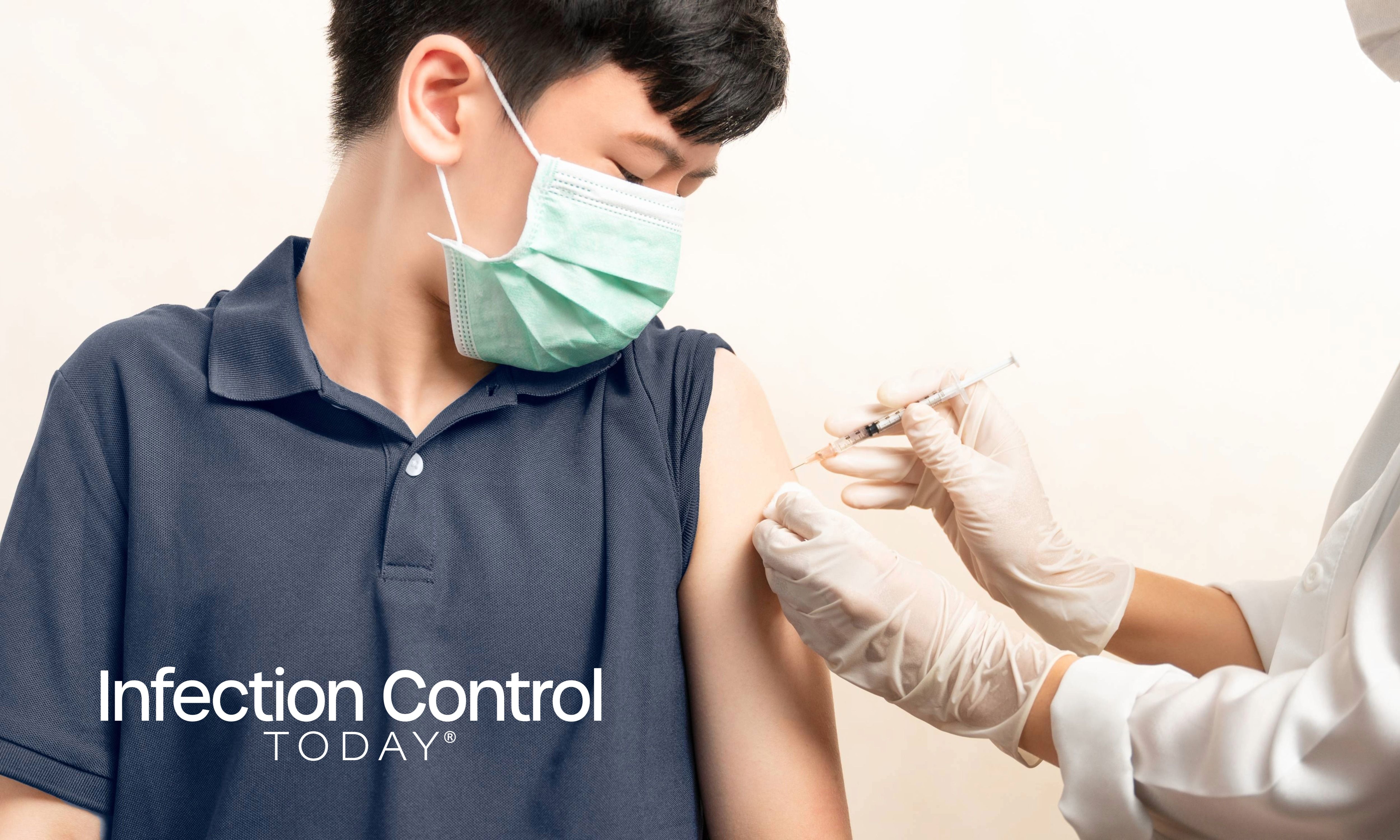
Prevention
Latest News

Get ready for Clean Hospitals Day on October 20. Join the low-cost facility network, nominate a hygiene champion, and bring one real-world challenge to the new expert working groups. Collaboration beats contamination.
Latest Videos

CME Content
More News

Hepatitis B still ruins lives—and newborns are most at risk. Infectious diseases specialist Matthew Pullen, MD, calls early vaccination “a no-brainer,” noting perinatal transmission can lead to liver failure and cancer. He also discusses insurance issues to get treatments covered.

Let’s make measles prevention visible. One quick huddle, one clear sign, one easy clinic—each move keeps families safe and confident.
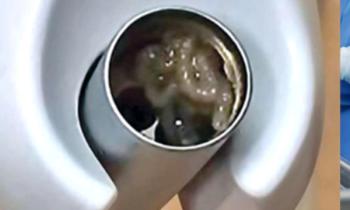
Hey Clean Biters! What’s flowing through your lines? Make DUWL safety automatic: appoint a Safety Officer, write a one-page SOP, treat daily, shock monthly, test quarterly, and document <500 CFU/mL. Grab the log—clean water, every patient, every time.

As ambulatory surgery centers (ASCs) expand into new specialties, sterile processing challenges can slow growth or halt operations entirely. Lifeline Surgical Partners—formerly Lifeline Vascular Care—found a scalable, cost-effective solution through offsite reprocessing, allowing their centers to maintain high-quality care while freeing clinical teams to focus on patients.

Measles is resurging as misinformation erodes herd immunity. Matthew Pullen, MD, explains how “immunologic amnesia” and antivaccine myths endanger children—and what infection preventionists must know.

As the days get colder, with CDC’s school guidance, now is the time for schools to double down on air quality, hygiene, and infection prevention to protect students and staff.

Candida auris continues to challenge infection preventionists with its persistence, resistance, and potential for outbreaks. New evidence shows that early, expanded screening—beginning in the emergency department—may be the key to stopping transmission before it starts.

Recent advances in diagnostic techniques offer a rapid and accurate method for identifying nontuberculous mycobacteria species, potentially accelerating the diagnosis and treatment of infections.

This is the second of a 2-part conversation with CDC epidemiologist Danielle Rankin, PhD, MPH, CIC. In this installment, she dives into practical infection prevention strategies, surveillance challenges, and the urgent need for mechanism-specific testing as NDM-CRE surges in US health care settings.

This is the first of a 2-part conversation with CDC epidemiologist Danielle Rankin, PhD, MPH, CIC. In this installment, she unpacks her study about the urgent rise of NDM-CRE and what infection preventionists need to know now.

What if there were a new index to reduce exposure risks on high-touch facility surfaces? Read on to learn about one.

West Nile virus cases are 40% above average, but public concern is stagnant. IPs play a vital role in raising awareness and reinforcing mosquito-bite prevention.

International Infection Prevention Week is coming up from October 19 to 25. Read on to learn how to celebrate in your own facility!
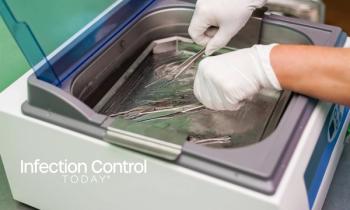
When traditional cleaning can’t reach hidden biofilm, ultrasonic cleaning steps in—delivering precision, safety, and efficiency across modern medical and dental care.

Designing a survey is both art and science. In this installment of From Concept to Impact, we share how we shaped questions to capture meaningful insights without overwhelming respondents.

A deadly Ebola outbreak has resurfaced in the Democratic Republic of the Congo, and while US risk remains low, the CDC and the WHO are urging the public and health care workers to stay on high alert.

From patient safety to climate impact, infection preventionists are change makers. A new study highlights how IPs can champion sustainability without compromising infection control.
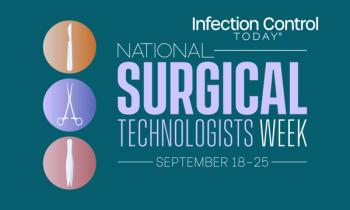
Sterile technique, specialized training, patient safety—Certified Surgical Technologists do it all. Learn how their role is evolving in today’s high-tech operating room.

Measuring cleaning is not the same as proving disinfection. Infection preventionists must use ATP and fluorescent markers wisely—supporting training, not replacing microbial validation.
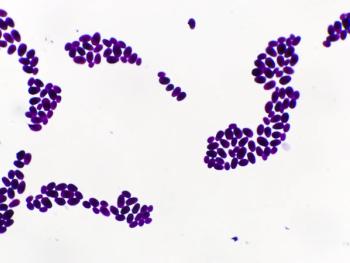
Candida auris is a fast-spreading, multidrug-resistant fungus that demands vigilance. Infection preventionists must cut through myths with evidence-based action to protect patients and facilities.

Legionnaires’ disease remains a deadly but preventable threat in health care, especially in long-term care. Every facility needs a strong, team-driven water management plan because prevention starts at the tap. This article explains what is needed to write one.

Every pump of sanitizer is an opportunity to break the chain of infection. Correct dosing transforms routine hygiene into life-saving protection. For infection preventionists, teaching dose awareness is as critical as teaching when to clean.

If you thought COVID-19 was scary, wait until you see what filmmakers have unleashed. From zombie daughters to infected water supplies, these new movies prove outbreaks make for edge-of-your-seat drama.
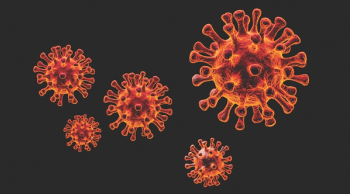
"Although the virus itself remains a threat, misinformation about COVID-19 has become a parallel epidemic, one that undermines public health efforts and endangers lives."

This 6-part series will chronicle the journey of 2 infection prevention and control (IPC) leaders, Brenna Doran, PhD, MA; and Jessica Swain, MBA, MLT, as they partnered to research and shed light on the critical issue of IP staffing in the current health care landscape. From the initial spark of an idea to the publication of an impactful article, a research manuscript, and a podcast, this series will offer an insider's view of their collaborative process and the profound implications of their findings.


